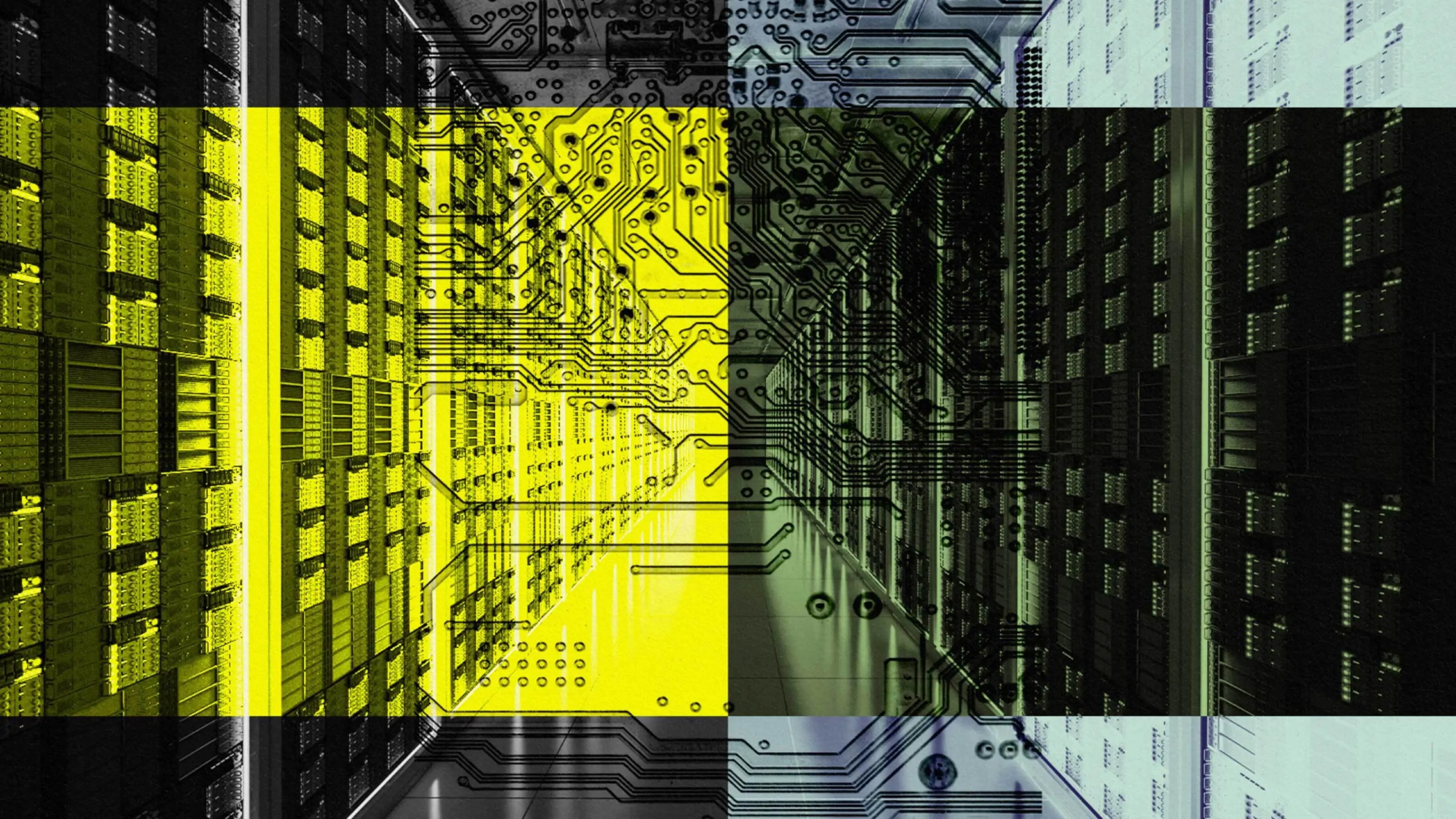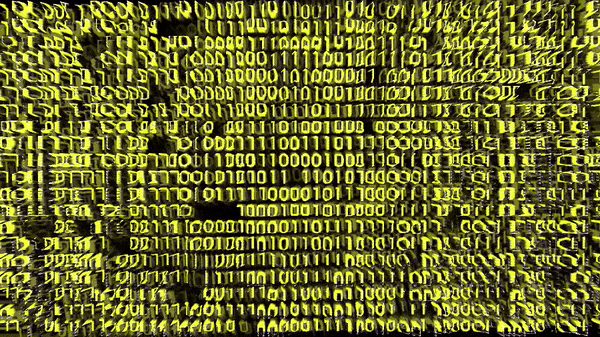If consciousness is ours to give, should we give it to AI? This is the question on the mind of the very sentient Daniel Dennett. The emerging trend in AI and AGI is to humanize our robot creations: they look ever more like us, emote as we do, and even imitate our flaws through machine learning. None of this makes the AI smarter, only more marketable. Dennett suggests remembering what AIs are: tools and systems built to organize our information and streamline our societies. He has no hesitation in saying that they are slaves built for us, and we can treat them as such because they have no feelings. If we eventually understand consciousness enough to install it into a robot, it would be unwise. It won’t make them more intelligent, he says, only more anxious. Daniel Dennett’s most recent book is From Bacteria to Bach and Back: The Evolution of Minds.
Daniel C. Dennett is the Austin B. Fletcher Professor of Philosophy and director of the Center for Cognitive Studies at Tufts University.Dennett believes it's time to unmask the philosopher's art[…]
Philosopher Daniel Dennett believes AI should never become conscious — and no, it's not because of the robopocalypse.
▸
4 min
—
with
Related
Six visionary science fiction authors on the social impact of their work.
What would it take to create a truly intelligent microbot, one that can operate independently?
It’s not enough just to stay current and competitive with AI — you’ll also need to build a long-term strategy.
"Stargate" could be used to train the world’s most powerful AIs.
Making up false information is one of the biggest problems with AI, but there are no silver-bullet solutions.







